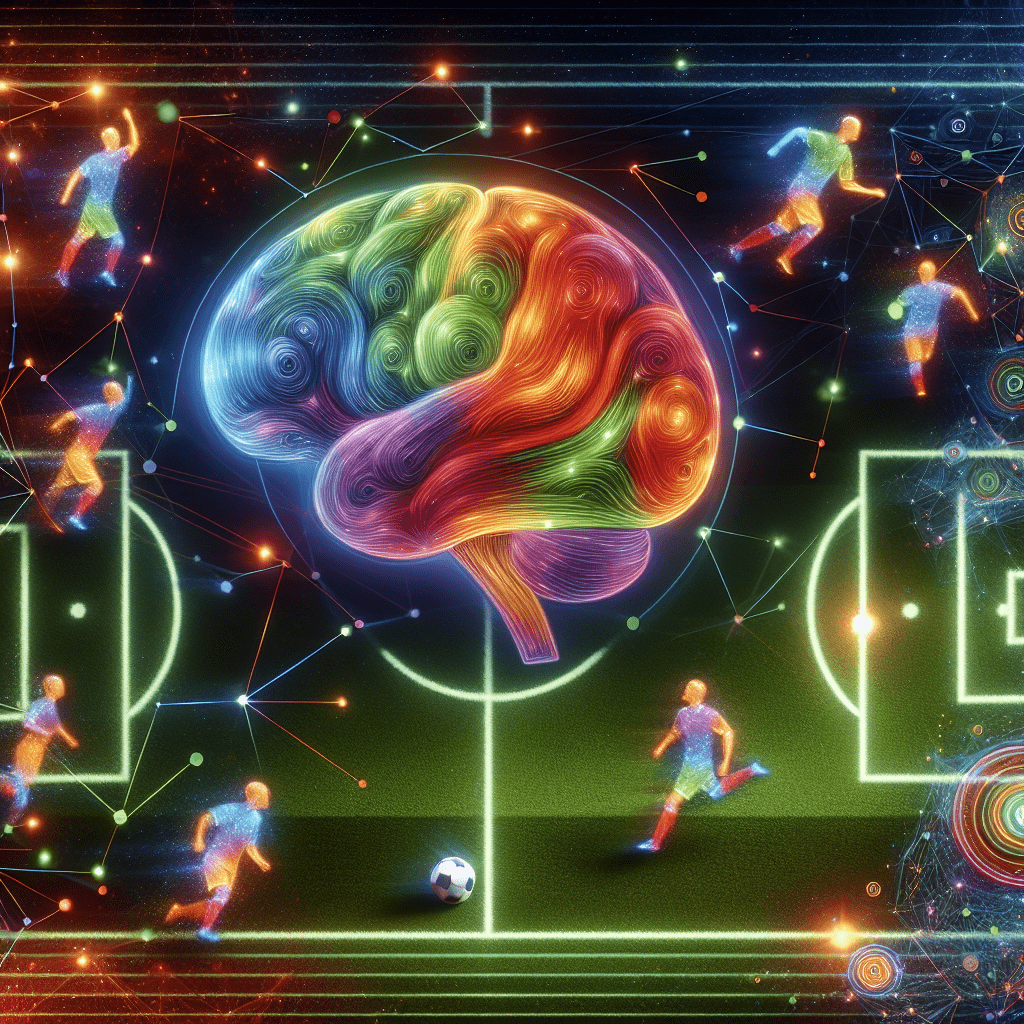[ad_1]
Emotional Intelligence (EI) has emerged as a pivotal factor not just in the workplace but also in sports, particularly in soccer. The ability of players to manage their emotions, understand teammates’ feelings, and navigate social complexities can significantly impact individual performance and team dynamics. This article explores the critical role that emotional intelligence plays in soccer, offering insights into how it influences the game, strategies for improvement, and answers to frequently asked questions on the subject.
Understanding Emotional Intelligence in Soccer
Emotional intelligence in soccer can be seen through self-awareness, self-regulation, motivation, empathy, and social skills. These components enable players to handle pressure, make strategic decisions under stress, and maintain positive relationships with teammates and coaches, which are crucial for a winning team. A high level of EI in players is associated with better performance, leadership capabilities, and a cohesive team environment.
Impact on Individual Performance
On an individual level, emotional intelligence can significantly enhance a player’s performance. EI aids in managing performance anxiety, maintaining focus during crucial moments, and bouncing back more quickly from setbacks or mistakes. For instance, a player with high EI is better equipped to stay composed when taking a penalty kick, ensuring they perform to the best of their ability.
Enhancing Team Dynamics
When it comes to team dynamics, emotional intelligence fosters a positive and supportive environment. Players with high EI are more adept at understanding their teammates’ strengths and weaknesses, leading to more effective communication and collaboration on the field. Additionally, emotionally intelligent teams are better at resolving conflicts, a common occurrence in the high-stress world of competitive sports, which can otherwise derail team cohesion.
Strategies for Cultivating Emotional Intelligence in Soccer
Improving EI among soccer players requires a concerted effort from both the coaching staff and the players themselves. Here are strategies that can be employed:
- Emotion Management Training: Incorporate emotion management techniques into training sessions to help players learn how to manage stress and anxiety.
- Empathy Exercises: Engage in activities that encourage players to understand and empathize with each other’s feelings, helping to build stronger bonds within the team.
- Communication Workshops: Conduct workshops focusing on effective communication, including how to express thoughts and feelings constructively and listen actively.
- Mentorship Programs: Pairing younger players with experienced team members can facilitate emotional growth and learning.
Key Takeaways
- Emotional intelligence is crucial for both individual performance and team dynamics in soccer.
- Components of EI include self-awareness, self-regulation, motivation, empathy, and social skills, all vital for soccer success.
- High EI can help players manage stress, make better decisions, and recover from setbacks more effectively.
- For teams, emotional intelligence promotes unity, effective communication, and conflict resolution.
- Strategies for improving EI in soccer include emotion management training, empathy exercises, communication workshops, and mentorship programs.
FAQs
Can Emotional Intelligence be taught and improved upon?
Yes, emotional intelligence can be developed and enhanced through targeted training and practice, similar to physical skills in soccer.
How does Emotional Intelligence affect leadership within a soccer team?
Leaders with high EI can better motivate teammates, manage conflicts, and inspire confidence, leading to improved team performance and morale.
Is Emotional Intelligence more important than technical skills in soccer?
While technical skills are crucial, emotional intelligence is equally important as it helps players to effectively utilize their technical abilities and work cohesively as a team.
Can a lack of Emotional Intelligence lead to underperformance?
Absolutely, a lack of EI can result in poor decision-making, increased stress levels, and conflicts within the team, all of which can negatively impact performance.
How can coaches assess a player’s Emotional Intelligence?
Coaches can use observations, self-assessment tools, and 360-degree feedback methods to evaluate a player’s emotional intelligence and identify areas for improvement.
[ad_2]






